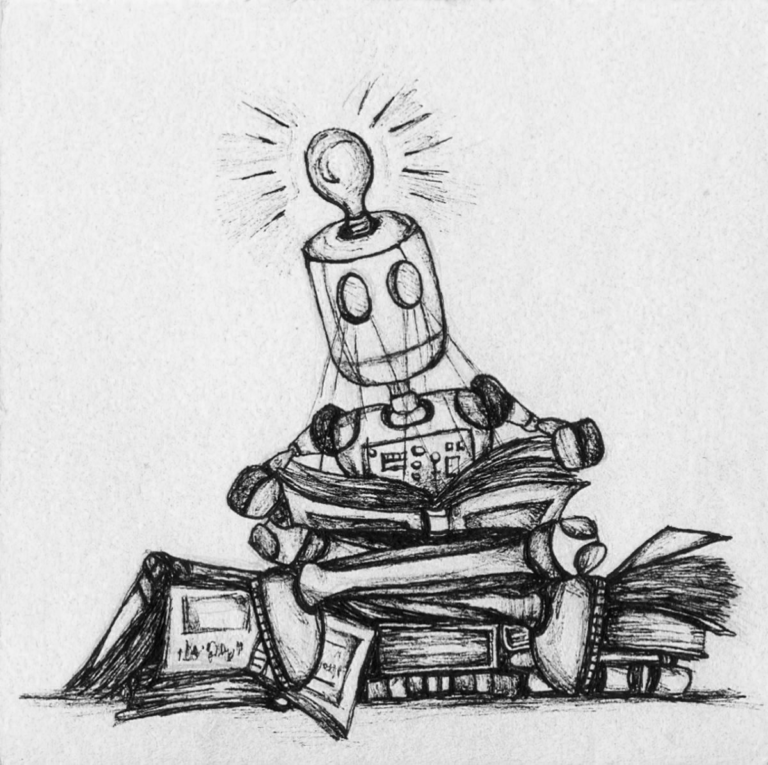New measures are being explored to help patients with bipolar disorder, also known as manic depression, to cope with their crushing illness. Surprising options are being tested as possible treatments for this disorder, such as motion sickness patches, a drug used to treat Lou Gehrig’s disease and a device that produces an electric field around the brain.
Bipolar disorder is a complex and mysterious illness characterized by severe mood swings, from mania to depression. A sufferer can experience periods of increased energy, over-activity, irritability and sometimes delusions during the manic phase, and low mood, reduced concentration, disturbed sleep and ideas of self-harm during the depressed state. This condition can ruin careers and split marriages apart. Extreme cases of depression can even drive desperate people to commit suicide.
Despite years of study, researchers have yet to develop a medication specifically for bipolar disorder. Anti-depression medicines currently sold in the market do help reduce symptoms, but often fall short of complete treatment.
Nothing is certain about the latest batch of possible treatments that includes even the breast cancer drug tamoxifen. Approaches were identified by logic, and others by pure chance. However, scientists already have early evidence that someday these treatments may prove useful against bipolar disorder.
Individuals having episodes of mania may experience periods of boosted energy and restlessness that can run for a week or more, resulting to sleeplessness as well as extreme irritability. During this episode, a person may exhibit unusual behavior, such as rage and promiscuity.
On the other hand, episodes of depression characterizes the other face of the bipolar coin, a period of boredom, sleepiness and lack of energy, which may last a week or more. Again, even thoughts of suicide may enter the picture.
Current bipolar treatments include a variety of drugs including lithium and other anticonvulsant and antipsychotic medications that can stabilize mood. Psychological therapy and patient education greatly boost the effectiveness of these drugs.
What makes bipolar disorder harder to treat is that its depressive episodes are more severe and more resistant to therapy than ordinary unipolar depression. Some current bipolar medications have side effects including weight gain, sleepiness, tremor, and the sense of feeling drugged.
As in the case of lithium, the new batch of possible treatments for bipolar disorder have revealed their potential only by chance. Take the experience of National Institute of Mental Health researchers Maura Furey and Dr. Wayne Drevets with the drug scopolamine, which is normally used to keep people from getting seasick or carsick. When they were studying whether scopolamine could improve memory and attention in depressed people, they noticed an odd thing as the patients started feeling less depressed the night after the injections, a remarkable thing since most antidepressants take weeks to kick in.
In October 2006, after Drevets and Furey changed their research focus to test the drug’s effect on depression itself, they published an encouraging, though preliminary, result with a small group of depressed patients, some of whom had been diagnosed bipolar disorder.
Furey is now leading a study using scopolamine skin patches — like those that travelers wear to prevent motion sickness — to treat depression in bipolar disorder as well as ordinary depression. For now, people shouldn’t try patch treatment for depression on their own, she said.
A similar incident happened at McLean Hospital in Belmont, Mass., in 2001 when depressed bipolar patients who were getting their brains scanned for a study on brain chemistry suddenly felt a lot better. And in 2004, they published their conclusion that the electric fields produced by the brain scans might help lift depression.
But not everything is being based on luck. Apart from luck, researchers have taken advantage of the few insights they have into bipolar disease to develop potential treatments. Scientists say the real key to unlocking the mysteries of bipolar disorder – and thereby open the way for the development of new drugs – lies in a new generation of research into DNA, or deoxyribonucleic acid, which could possibly be the key to discovering an effective treatment for bipolar disorder.

Unlocking the Mysteries of Depression and Bipolar Disorder
Please follow and like us:
More from DepressionMore posts in Depression »




